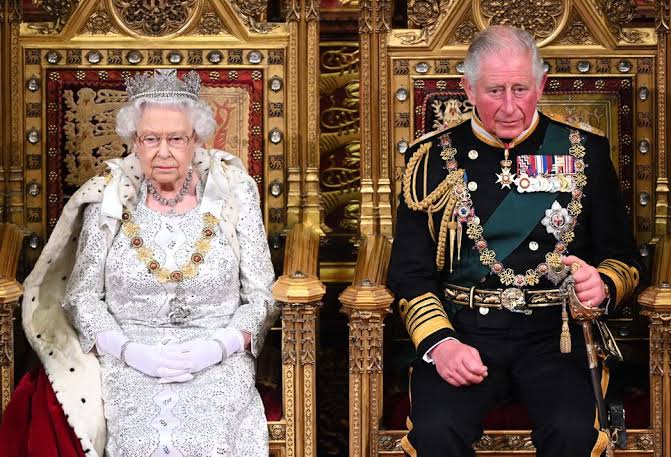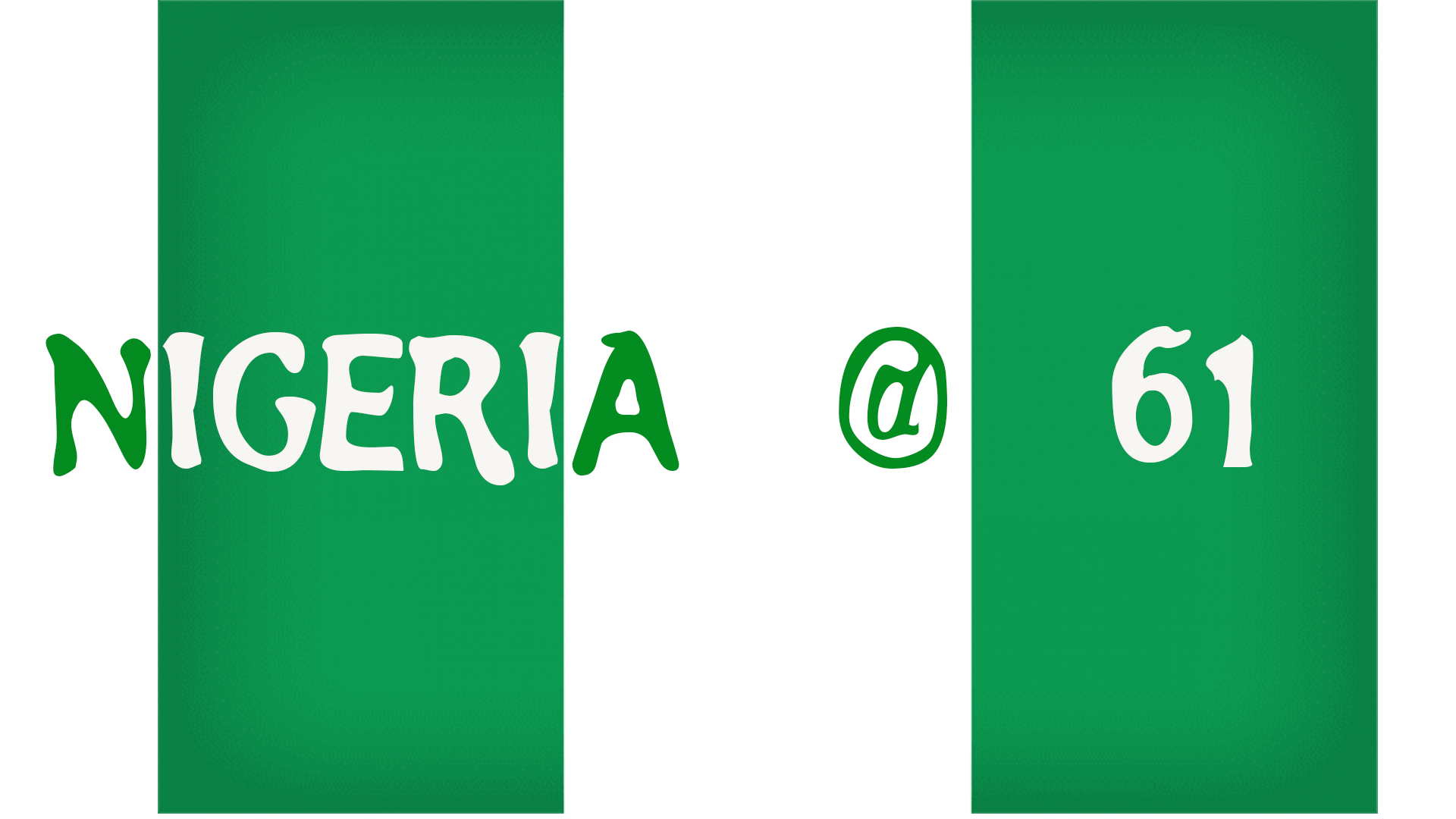…
By Rotimi Fashakin
She died on Thursday, 8th September, 2022.
Yesternight was her last at the Buckingham palace. The anguish and emotional outpourings were palpably understandable; the agelong edifice had been her home and official residence for more than three score and ten years!
In those 70 years, Queen Elizabeth II excitingly made the British monarchy friendlier and more amenable to the changing times. She cherished her position as the titular Head of the commonwealth. For instance, in 1986, the leaders of the commonwealth countries met to deliberate on how best to move the condemnation of the apartheid government of South Africa from mere rhetoric to actionable political imperatives. 48 members out of the 49 present voted for sanctions against South Africa. The only opposition came from Britain headed by Mrs Margaret Thatcher. The Queen was so incensed by Mrs Thatcher’s government’s action that she considered boycotting one of their weekly meetings. Understandably, the Queen was concerned about the future of the commonwealth and Britain not being on the wrong side of history.
On July 20, 1986, the New york Times published an article which stated, inter alia,
“The Queen has been described in recent press reports as worried that Mrs. Thatcher’s firm opposition to sanctions threatened to break up the 49-nation Commonwealth. The Queen reportedly also believes that Mrs Thatcher’s Conservative Party Government lacks compassion and should be more caring toward less privileged members of the society, The Sunday Times said.”
After much loud murmurings, on Thursday, 11th February, 1993, the voluntary arrangements by which the Queen and the Prince of Wales will pay income tax were revealed. What was still kept secret was the royal fortune from which the income will be taxable!
Nonetheless, eons ago, a British Monarch paying taxes would have been considered sacrilegious.
The first major impudent challenge to the monarchy was on 15th June, 1215. It was on that day that the Barons served on King John the 63-paragraph writ that later came to be known as the Magna Carta. The writ was meant to checkmate the reigning king John and ensure more space for liberty, rights and concessions.
Although the king tried to fight it but the genie was already out of the bottle. He was forced to sign the agreement with much humiliation of his person.
King James 1 was a British monarch who stoutly defended monarchical absolutism. In 1610, he wrote: “Kings derived their authority from God and could not therefore be held accountable for their actions by any earthly authority such as a parliament.”
After his death in 1625, his son, Charles, became the King. Charles 1 continued in the ironfisted rule of his father. In 1629, he dissolved the parliament for 11 years.
In 1641, the parliament passed the Triennial Act (otherwise known as the Dissolution Act) which mandated the parliament to sit for at least 50 days in three years!
The culmination of the political and military conflicts between the royalists and the parliamentarians in England inexorably led to the capture and trial of Charles 1, the King of England, Scotland and Ireland. On saturday, 27th January 1649, the High Court of Justice had declared Charles guilty of attempting to “uphold in himself an unlimited and tyrranical power to rule according to his will, and to overthrow the rights and liberties of the people” and he was sentenced to death by beheading.
Following the glorious revolution in 1688, King James II went into exile. In 1689, the Bill of Right 1689, an Act of Parliament was enacted. It was largely based on the political thinking of John Locke, a political theorist and philosopher. It set constitutional limits to the monarch in terms of seeking the people’s will represented by the parliament. Succinctly put, the Bill straightened Britain to constitutional monarchy with established rights of the parliaments, free elections and freedom of speech. By the doctrine of parliamentary Sovereignty, the monarchical prerogatives became subordinated to the Acts of Parliament. For example, the former British Prime Minister, Theresa May, wanted to use royal prerogative to trigger Article 50 of EU’s Lisbon Treaty and begin Britain’s two years of talk on formal exit from European Union. It was the European Communities Act 1972 that legally formalised Britain’s membership of the EU. It was the reasoning of the UK Supreme Court that the Act needed to be repealed before UK could formally be divorced from the EU. The attempt by Theresa May’s government was declared ultra vires. This ultimately led to the enactment (by parliament) of the EU Withdrawal Act 2018.
Indeed, times have changed. The subsisting doctrine of Parliamentary Sovereignty makes the triumvirate of British authority to be subject to the Monarch-in-Parliament.
Truly, the times of monarchical absolutism are over. King Charles III begins another chapter in British monarchical democracy. It is expected, as he has promised, to govern with the enviable precedents set by his mother and the help of God.
God save the king!
Engr. Rotimi Fashakin, FNSE.
. Former Executive Director (Operations) · Nigerian Maritime Administration and Safety Agency













